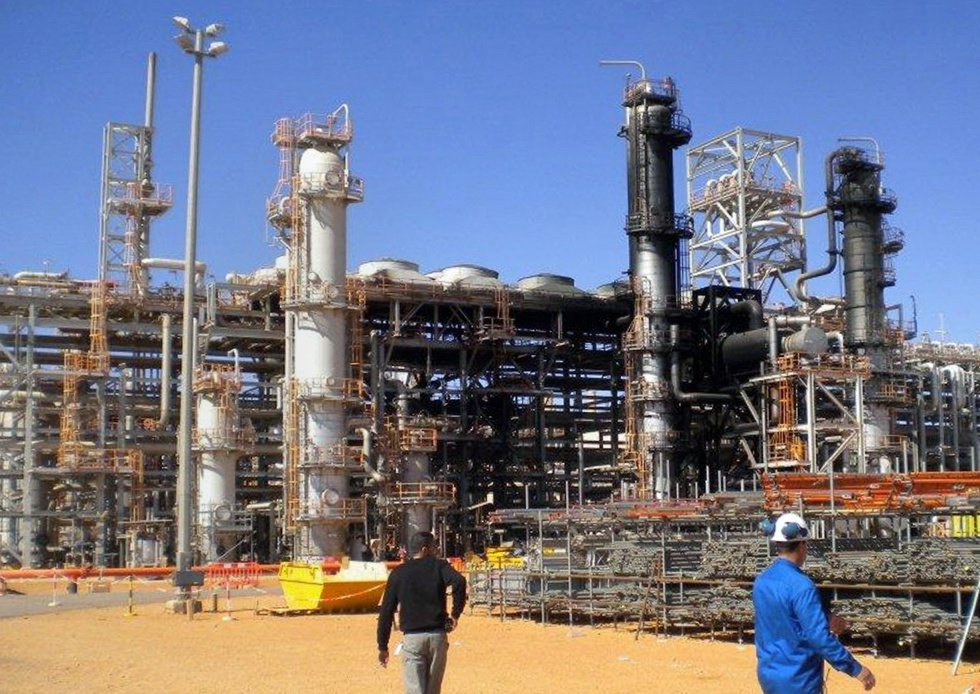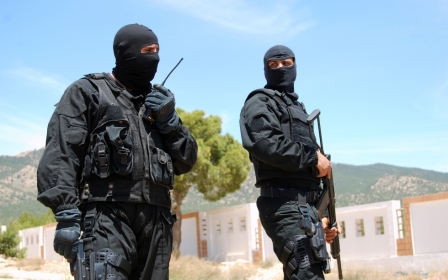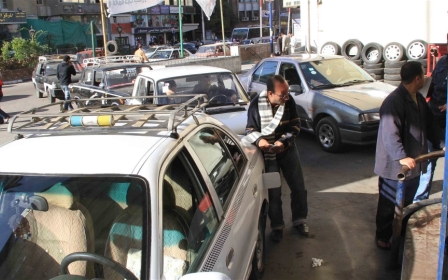Algeria to send shipments to gas-strapped Egypt

A state-run Algerian petroleum company has agreed to send six shipments of liquefied natural gas (LNG) to Egypt, a senior Egyptian Petroleum Ministry source said on Thursday.
The Egyptian government is desperately trying to import as many as 18 shipments of LNG (with one shipment equivalent to 250 million cubic feet) to meet the growing demands by the nation's electricity plants.
On Thursday, an Egyptian Petroleum Ministry source said he expected Egypt's state-owned Natural Gas Holding Company to sign a deal with the Algerian firm Sonatrach for the six LNG shipments within days.
The Turkish energy minister also announced on Wednesday plans to renew contracts to buy natural gas from Algeria.
Algeria’s natural gas production took a hit in 2013 after January’s hostage crisis at the Tigantourine production facility. Mokhtar Belmokhtar, Algeria’s “most-wanted man”, claimed responsibility for the attack.
New MEE newsletter: Jerusalem Dispatch
Sign up to get the latest insights and analysis on Israel-Palestine, alongside Turkey Unpacked and other MEE newsletters
Late on Thursday, Belmokhtar pledged allegiance to the al-Qaeda leader Ayman al-Zawahiri. In a statement posted on websites linked to his group, Belmokhtar announced his wish to restate his alliance with al-Qaeda “in light of recent developments”.
Also on Thursday, al-Qaeda in the Islamic Maghreb claimed responsibility for an attack on 9 April which it said inflicted “heavy losses” on Algerian soldiers.
The Algerian Defence announced the death of 11 soldiers in the attack, while al-Qaeda on Thursday put the death toll at around 30.
The attack came as soldiers returned from securing the ballot in Algeria's recent election, which returned aging president Bouteflika for a fourth term in office.
Bouteflika was sworn in on Monday in an official ceremony that was boycotted by opposition groups.
Middle East Eye delivers independent and unrivalled coverage and analysis of the Middle East, North Africa and beyond. To learn more about republishing this content and the associated fees, please fill out this form. More about MEE can be found here.



